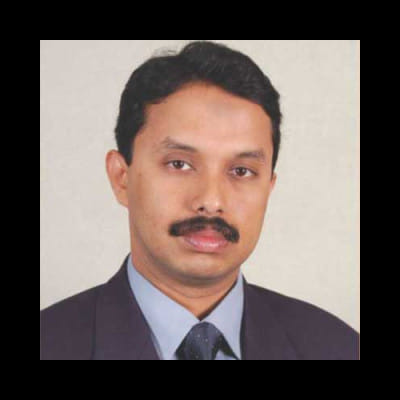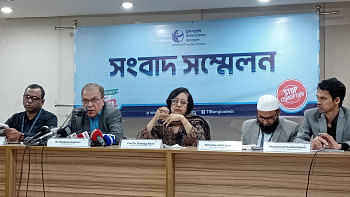Investing through knowledge

Shamsul Alam has been working as the Chief of human resource management at PRAN Group for the last five years. “When I joined in 2010, there were a total of 23,000 employees working at the PRAN-RFL Group. Currently we have a total of 72,000 employees”, he says when inquired about the employee count. He went on to discuss more about the different categories of employees they have, training programs and their future plans on increasing the number of female employees.
Shamsul Alam discussed about the type of workers that are recruited. “We categorize workers into three classes that are self-explanatory; skilled, semi-skilled and unskilled. PRAN-RFL Group has their own in-house training program customized to provide workers with the technical skills that they require working in our factories.” He continued to discuss about the additional benefits of training programs saying that they do not only teach workers how to be technically more skilled but also instill the concept of career building and in-house culture in the work space. The training programs also teach workers the value of career progression and how long term experience at one job can greatly benefit them financially. “We turn our unskilled workers into semi-skilled ones. Semi-skilled workers come from various NGOs such as UCEP, NAWTS, German Bangla and many more. They go through the process of being introduced to the new work environment through the training program. This technical skill education is mandatory for all semi-skilled and unskilled employees” he added. Shamsul Alam believes that the NGOs that provide workers are equipped only with the basic technical skills but the in-house program then has to educate them further on the importance of hygiene, safety, health. As the factories are manufacturing food products, the concept of food hygiene and contamination, health safety and hazards respectively are integral. As factories become more automated than manual the demand for technical skilled workers increases which the NGOs cannot provide. When a new machine is acquired it requires an operator. Experienced workers are selected and they attend a three to four month crash program that is conducted by foreign trainers. Afterwards, they are assessed through paper based exams and only offered the position if they score well.
“Our policy and goal this year is to employ more women to equate the ratio of male to female workers. But it seems like we will not be able to reach that goal before next year.“ says Shamsul Alam. He believes that the mindset of the female workers needs to be changed. Most female workers are not career driven or only motivated enough to work until they get married. Only education can change this way of thinking. At the same time food industries do not permit any worker below the age of 18 to be employed, another step to eradicating Child Labor.
As he concluded he expressed how the government needs to do more. As the number of workers increases the bridge between their lack of knowledge and capabilities also increases. Shamsul Alam says, “The government and NGOs need to invest more time to educate and train the workers further. Most of them are equipped with the general technical skills which is insufficient. Other essential fields of knowledge are also being overlooked such as basic health hygiene, safety, morality. The workers need to be taught the value of dedication, commitment and how to think for their own well being.”

 For all latest news, follow The Daily Star's Google News channel.
For all latest news, follow The Daily Star's Google News channel. 



Comments